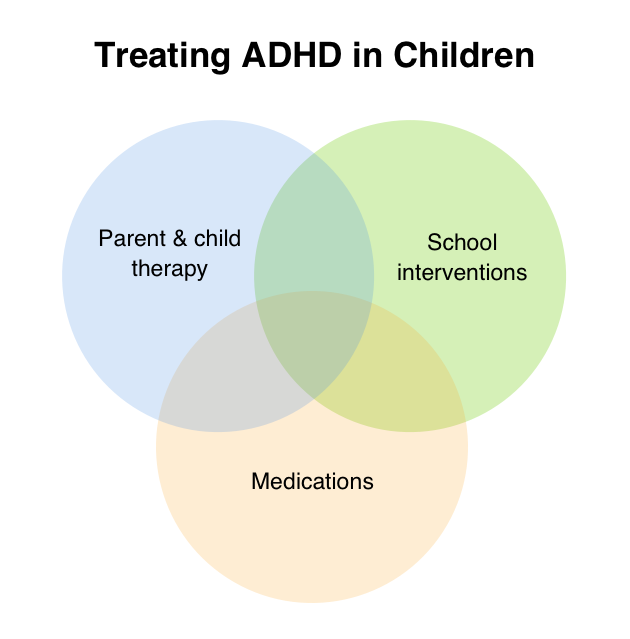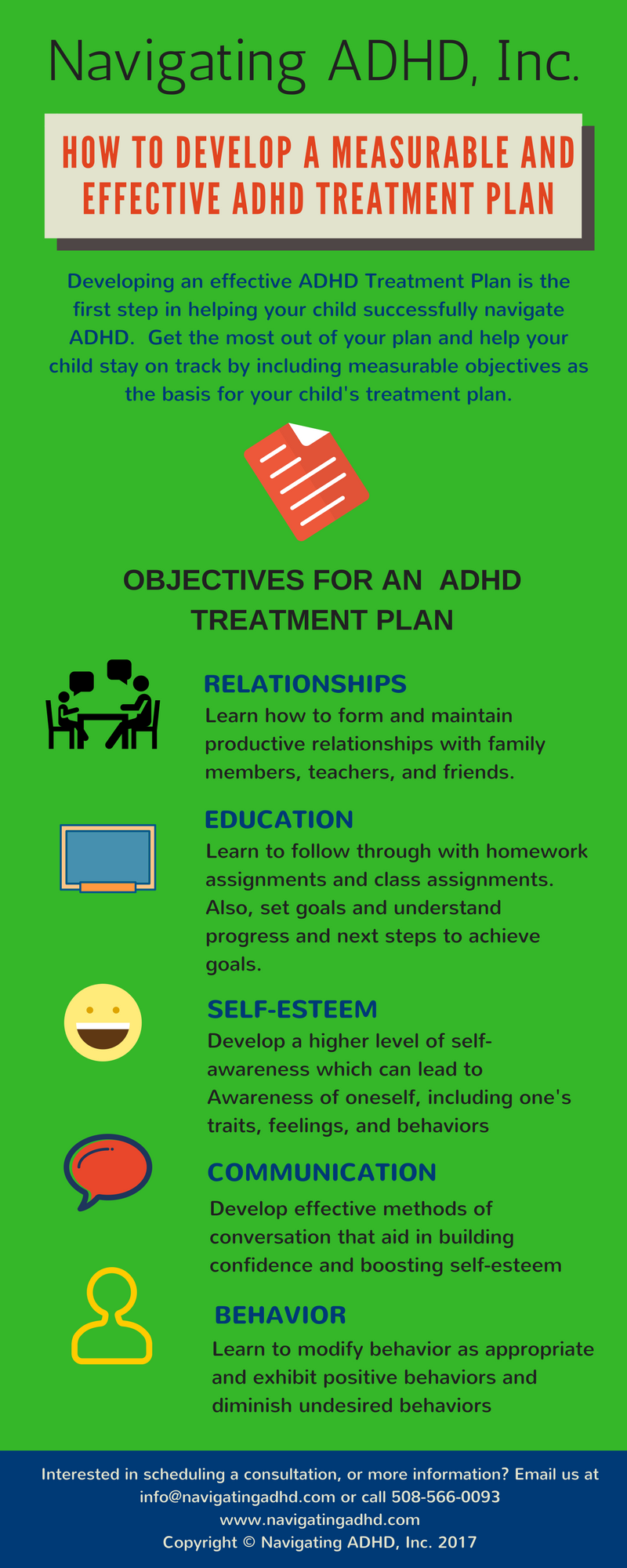Checking Out Effective ADHD Therapy Choices for All Ages
The complexities of Focus Deficiency Hyperactivity Condition (ADHD) present special obstacles throughout various age, demanding an extensive expedition of effective therapy options. A mix of behavior modifications, medicinal treatments, and lifestyle adjustments has actually shown pledge in dealing with the varied demands of individuals with ADHD. The efficacy of these techniques can differ dramatically based on personal circumstances, increasing important inquiries about tailored techniques. As we check out the range of therapy methods available, it becomes important to take into consideration not only their immediate influences but likewise their long-lasting implications for individuals and families.
Comprehending ADHD and Its Effect
Attention-Deficit/Hyperactivity Disorder (ADHD) is a neurodevelopmental condition characterized by persistent patterns of negligence, attention deficit disorder, and impulsivity that can dramatically impact various aspects of a person's life. It normally materializes in youth, although symptoms can persist right into their adult years. The core signs of ADHD can disrupt academic efficiency, prevent social interactions, and complicate occupational undertakings.
Individuals with ADHD frequently deal with preserving concentrate on jobs, arranging activities, and adhering to with on instructions, which can bring about academic underachievement (Depression Treatment). In social contexts, impulsivity may cause problems in developing and maintaining partnerships, as individuals might disrupt conversations or make hasty choices without thinking about consequences
The variability in sign discussion implies that ADHD can influence individuals differently, requiring a tailored technique to administration. Comprehensive awareness of ADHD's nature and ramifications lays the groundwork for checking out appropriate treatment choices customized to each person's requirements.
Behavioral Therapies for ADHD
Countless behavior modifications have actually been established to successfully attend to the difficulties associated with ADHD, concentrating on changing certain habits and fostering important skills. Amongst the most recognized approaches are cognitive-behavioral treatment (CBT), moms and dad training, and social abilities training.
CBT aids people recognize and change negative idea patterns and habits, promoting an extra favorable outlook and enhanced self-regulation. This therapy frequently consists of functional techniques for managing impulsivity and boosting organization. Parent training programs encourage caregivers by equipping them with strategies to enhance positive behaviors and established constant boundaries, which can be especially useful for children with ADHD.
Social abilities training is one more important part, mentor individuals with ADHD exactly how to interact properly with peers - Depression Treatment. This method often entails role-playing and comments to improve communication, participation, and dispute resolution skills
Incorporating these behavior treatments into a comprehensive therapy plan can considerably boost operating and top quality of life for people with ADHD. Inevitably, the effectiveness of these therapies depends on tailored methods that consider the distinct requirements of each individual, therefore fostering strength and versatility in day-to-day live.
Medication Options Available
For many individuals with ADHD, medication can play a significant function in handling symptoms and boosting overall functioning. Both key categories of drugs recommended for ADHD are stimulants and non-stimulants.
Energizers, such as methylphenidate and amphetamine-based medicines, are the most commonly used therapies. These drugs function by boosting the levels of neurotransmitters, especially dopamine and norepinephrine, in the brain, which aids enhance attention and decrease impulsivity and hyperactivity. They often generate rapid results, making them a preferred option for many patients.

It is crucial for healthcare carriers to perform a comprehensive evaluation to establish one of the most ideal medication based on individual requirements, clinical background, and potential side impacts. Routine follow-up and surveillance are also important to make certain the effectiveness of the chosen treatment and to make any type of required changes.
Way Of Life Changes to Take Into Consideration
Handling ADHD efficiently expands beyond medication, as way of living adjustments can considerably enhance general wellness and signs and symptom control. Incorporating structured regimens is important; regular timetables assist people with ADHD manage their time effectively and reduce sensations of bewilder.
Routine exercise is an additional important part. Workout not only aids to enhance concentration but additionally improves mood and reduces stress degrees. Tasks such as yoga or team sporting activities can be specifically beneficial, promoting both physical conditioning and social interaction.
Nutrition also plays a critical role. Depression Treatment. A well balanced diet rich in review omega-3 fatty acids, entire grains, and lean healthy proteins can contribute to enhanced focus and cognitive function. Restricting sugar and processed foods is advisable, as these can intensify hyperactivity and impulsivity
Rest hygiene is necessary for managing ADHD signs and symptoms. Establishing a routine sleep schedule and creating a restful atmosphere can improve rest high quality, resulting in far better interest and psychological adult psychiatrist regulation.
Alternative and Alternative Approaches
Different and all natural methods to ADHD therapy use a varied series of choices that match typical techniques. These strategies often focus on lifestyle modifications, dietary treatments, and therapeutic methods that aim to boost total well-being while resolving ADHD signs and symptoms.

Mindfulness and behavior treatments are also gaining grip as all natural treatments. Practices such as yoga exercise, reflection, and cognitive-behavioral treatment can cultivate self-regulation and improve interest. These techniques support psychological strength, which is specifically advantageous for people with ADHD.
Herbal supplements, such as ginkgo biloba and ginseng, are occasionally explored; nevertheless, it is vital to consult health care experts before integrating these into therapy strategies. While choice and holistic strategies can provide important support, they ought to ideally be made use of additional hints combined with evidence-based treatments to attain ideal outcomes for managing ADHD throughout all ages.
Final Thought
In recap, reliable ADHD treatment necessitates a comprehensive method that includes behavior modifications, medicine, way of living modifications, and alternative methods. Tailored treatments can considerably enhance people' functioning and lifestyle, while suitable medication makes certain optimal symptom management. Taking on structured regimens, engaging in normal physical activity, and exercising mindfulness can enhance psychological regulation and attention. This multifaceted technique emphasizes the importance of individualized care in attending to the diverse needs of people with ADHD across every age groups.